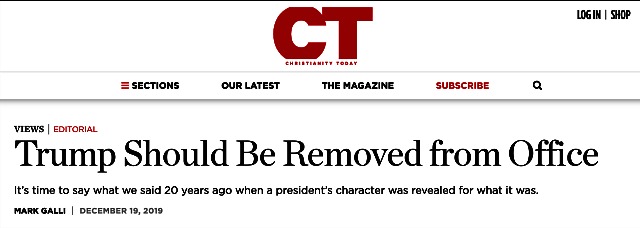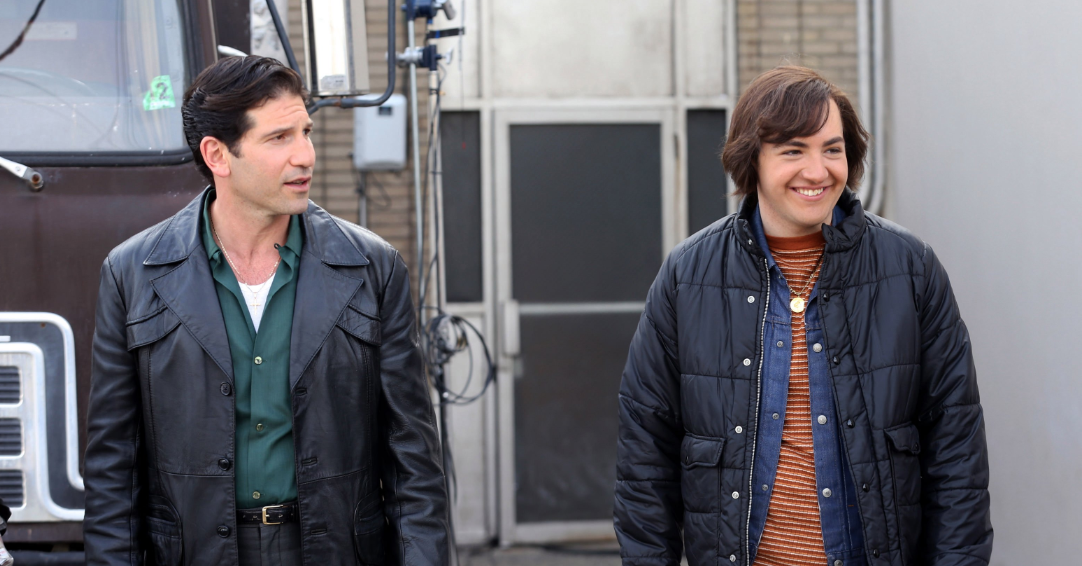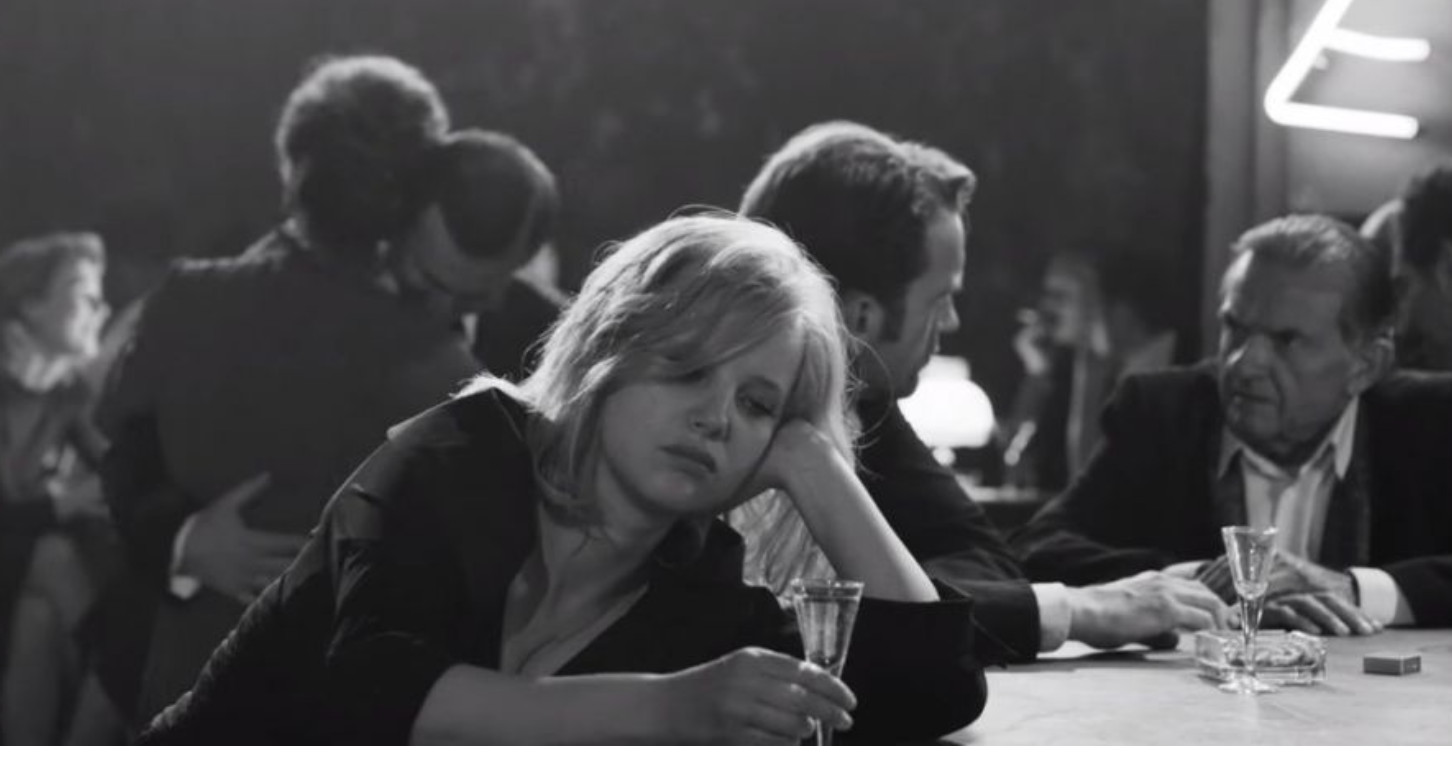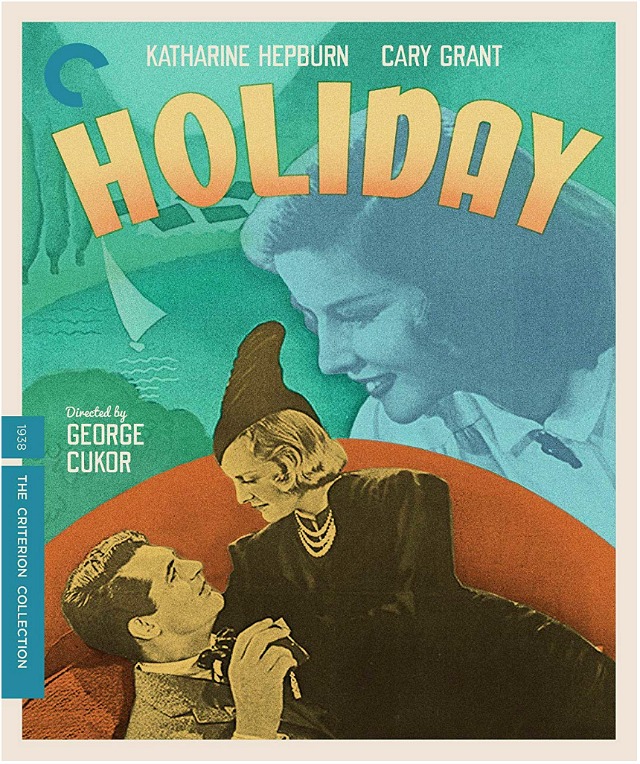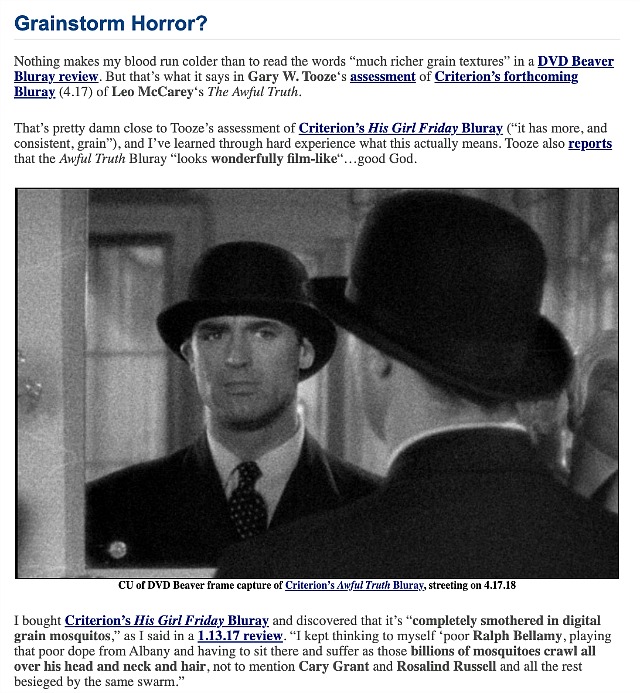And here’s…Jennifer Jason Leigh, the unseen co-contributor and invisible costar of Marriage Story!
For seven or eight years Joe Wright was a cross between Chris Nolan, Sam Mendes and Steven Spielberg. Pride & Prejudice, Atonement, The Soloist, Hanna, Anna Karenina. I will never back away from the view that Karenina was drop-dead brilliant — the most thrilling and innovative adaptation of Tolstoy’s 1877 novel ever made. Then the calamity of Pan happened. Then Wright recovered somewhat with Darkest Hour, a conventional but reasonably effective biopic with an Oscar-winning lead performance.
And now Wright seems to be operating in the realm of…what, Curtis Hanson‘s The Bedroom Window? Maybe a touch of David Fincher‘s Panic Room? Something like that.
The Woman in the Window opens on 5.15.20. Written by Tracy Letts, shot by Bruno Delbonnel, scored by Danny Elfman and produced by Scott Rudin.
Big-city dwellers can hear someone shout or scream in the adjoining or upstairs apartment. Rear Window‘s James Stewart heard Raymond Burr‘s wife scream as he stared into a common backyard area in the West Village. But hearing a woman scream from across the street? Doubtful.

